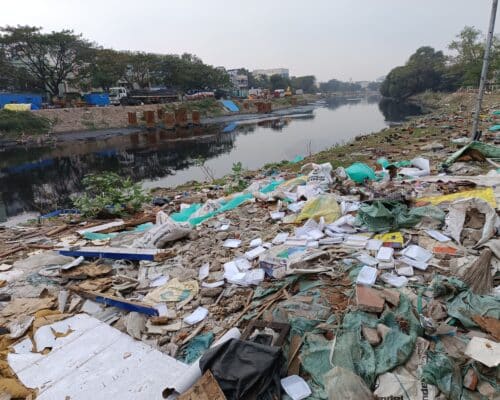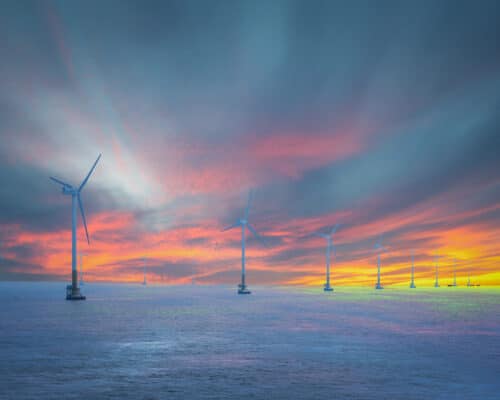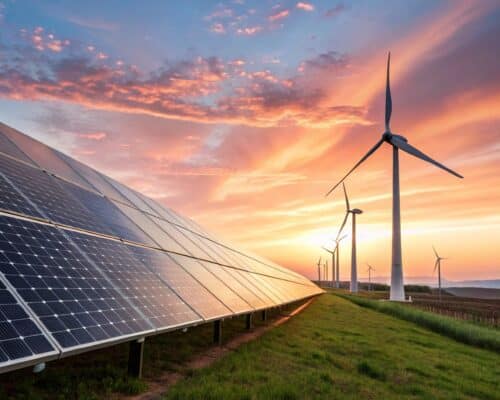Articles
MHI First Transition Bond Program – All You Need to Know
Instead of the innovative green financing mechanism they were supposed to be, transition bonds have become the perfect tool for greenwashing. MHI's first transition bonds program can either accelerate the company's net-zero efforts or further distance it from carbon neutrality. The key is in MHI's hands.
How To Improve Indoor Air Quality – 7 Effective Ways
There are a complex and broad array of air pollutants, which make indoor air pollution a challenging global issue to tackle. However, there are some actions we can each take to directly improve our immediate air quality, like increasing building ventilation. Additionally, increasing education on sources of air pollution will help make a societal change in the communities that most need it.
The Outlook for Electric Cooking in Asia
Many low-income households in developing Asia continue to use wood as the primary fuel for cooking. Despite the sufficient amount of electricity access, for most middle and high-income households across developed and developing Asian countries, gas and LPG remain the preferred choice. Governments have to stimulate the transition to electric cooking to help households ensure more affordable and cleaner cooking.
The Rise of Electric Cooking
Natural gas has several adverse side effects on our health and the environment when used for cooking. Electric cooking represents a significant improvement in both of these categories. However, gas cooking rates remain high, which needs to change. Understanding the advantages and disadvantages of electric cooking is crucial in facilitating the shift away from gas systems.

More Cities Are Banning Natural Gas In Homes: But Why?
Natural gas produces a range of pollutants associated with health issues and climate change. As a result, cities are starting to consider banning natural gas infrastructure in new buildings. So far, US cities are leading the charge, but there has been significant pushback from major natural gas companies.
Indoor Air Pollution – What a Household Can Do?
Indoor air pollution is a leading cause of death, yet it is relatively easy to limit some of the main contributors found in homes. The lack of education and access to safer energy infrastructure is one of the main roadblocks. It falls on governments and communities to facilitate local change.
The Transition to Clean Cooking: How to Replace Gas?
While gas has long been considered a clean cooking fuel, research shows that it can impact health. This, paired with the high gas prices, the global net-zero journey is making countries around the world look for alternatives. Induction and electric stoves can be the solution. And the renewable energy transition is starting to prove it.
Gas Prices in India: Hurting Women and the Poor
Soaring gas prices across the globe could have deadly consequences for India’s low-income households who are already struggling to afford their basic needs.
Cooking With Gas – The Full Story
Natural gas is the most popular cooking fuel worldwide, particularly in developed countries. Natural gas use rates will likely increase over the next several decades as more supporting infrastructure becomes available. However, the combustion of natural gas leads to several harmful greenhouse gases, which have direct health and environmental effects.
3 Ways AI Can Stop Climate Change
Can powerful AI and computing power help the global fight against climate change and contribute to net-zero goals? These are the top three ways AI can help.
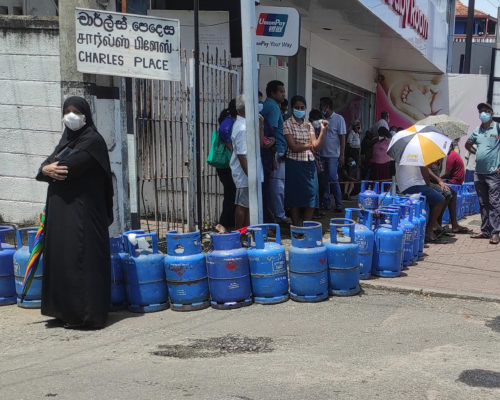
Sri Lanka’s Worst Economic Crisis: Is There a Way Out?
Sri Lanka is in crisis. From rationing fuel to ousting leaders, the road to stability for the island nation will be bumpy and challenging.
Using Gas for Cooking in Asia: History, Drawbacks And Future
In the search for cheaper and cleaner cooking alternatives, countries across the world are replacing gas stoves with induction and electric appliances. While low and middle-income countries in Asia might find this shift challenging at first, the path forward is clear – dirty and expensive fuels will make way for cleaner and cheaper alternatives.
High LNG Prices in Asia: Risk Causing Permanent Demand Drop
The demand for LNG in Asia is plummeting. Developing nations can't bear with the high gas prices and are actively looking toward renewables. Even fossil fuel stewards are starting to have second thoughts. And if the high gas prices continue, which seems likely, the demand drop might be irreversible.
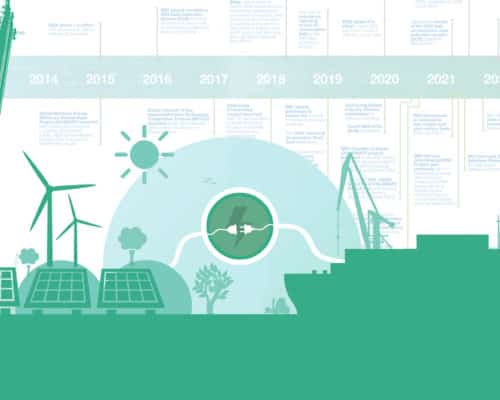
Is There a Future For Wind Turbines in Singapore?
Singapore has many road blocks in adopting low carbon energy, one of which is the lack of viability for wind turbines. The country's most efficient renewable energy option is solar energy. However, even solar faces its own challenges – mainly limited land. As an alternative, Singapore is looking toward its neighbouring nations to import low-carbon energy in pursuit of its net-zero goals.
Most Popular
Most Popular
Categories
-
10
-
34
-
126
-
4
-
17
-
46
-
52
-
11
-
10
-
15
-
24
-
6
-
1
-
5
-
6
-
279
-
199
-
17
-
24
-
1
-
1
-
23
-
41
-
44
-
87
-
18
-
86
-
41
-
17
-
11
-
43
-
51
-
86
-
293
-
22
-
44
-
36
-
10
-
42
-
36
